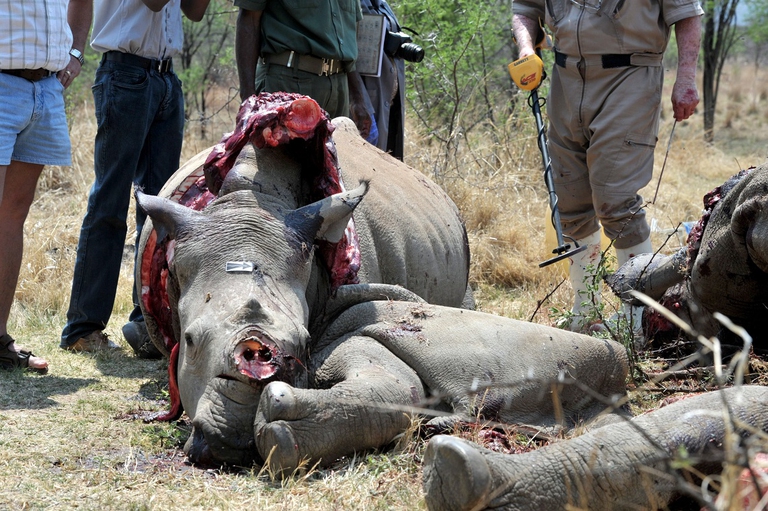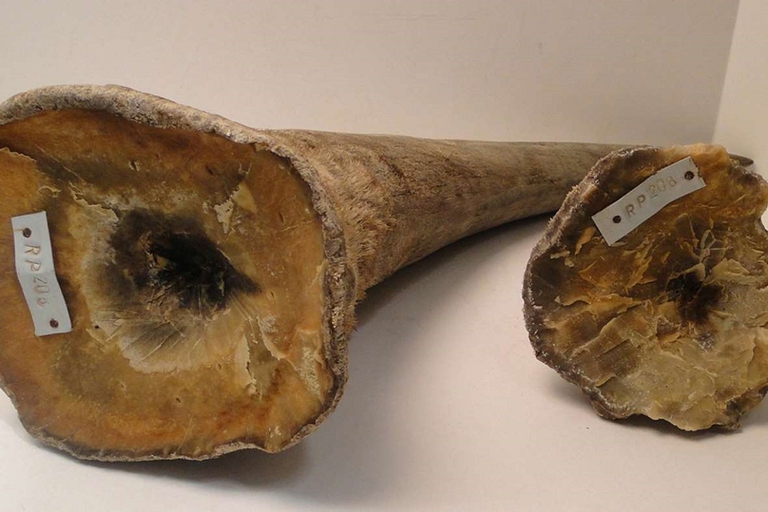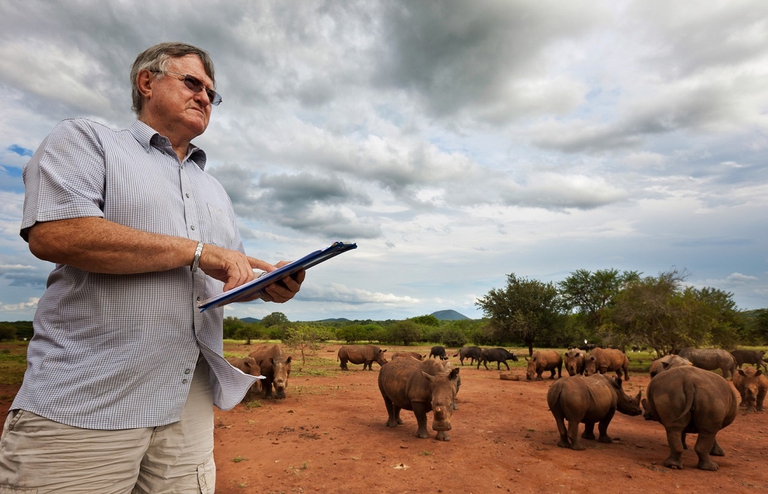
Our species took its first steps in a world covered in trees. Today, forests offer us sustenance, shelter, and clean the air that we breathe.
South Africa just made a controversial decision. Some say it’s a step backwards in the protection of one of the world’s most charismatic and threatened animals, the rhino, while others say it’s a necessary measure. South Africa’s Supreme Court of Appeal has legalised domestic rhino horn trade, lifting a ban established in 2009 and rejecting an
South Africa just made a controversial decision. Some say it’s a step backwards in the protection of one of the world’s most charismatic and threatened animals, the rhino, while others say it’s a necessary measure. South Africa’s Supreme Court of Appeal has legalised domestic rhino horn trade, lifting a ban established in 2009 and rejecting an appeal by the government.
International rhino horn trade has been banned by the 182 member countries of CITES (Convention on International Trade in Endangered Species of Wild Fauna and Flora) since 1977. The convention, however, doesn’t involve each state’s domestic trade. Therefore, South Africa was free to lift a ban, with the aim of ending poaching that is wiping out rhino populations. South Africa, which is home to the world’s largest rhino population, set a sad record in 2014, with 1,215 rhinos killed. These creatures are hunted for their horns that are sold on the black market at exorbitant price.
The decision of the Supreme Court comes after a lawsuit brought by two South African rhino ranchers. Farmers regularly saw the animals’ horns, stockpiling large amounts. The lifting of the ban will favour the smuggling of horn outside South Africa, such as to China and Vietnam where they’re (erroneously) thought to have medicinal properties.
The news has certainly cheered up South African billionaire John Hume, the man owning the highest number of rhinos in the world. His ranch in Klerksdorp is home to 1,300 rhinos, which made him stockpile about 5 tonnes of horns. His treasure was useless so Hume, along with safari operator Johan Kruger, sued the Minister of Water and Environmental Affairs (DEA) to invalidate the 2009 moratorium.
There’s who thinks that legalising the trade in rhino horns will help reduce poaching. Some of them just have a conflict of interest (like Hume), while others are committed to safeguarding the species, such as Pelham Jones, President of the Private Rhino Owners Association. Effectively, data shows that poaching rates have significantly increased over the last few years, when domestic trade was banned. We’re sure that – over a barrel – rhinos would rather have their horn cut under anaesthesia by a team of vets than chainsawed by poachers. However, we’re also sure that rhinos would love have their horns where nature has put them, on their snout.
Siamo anche su WhatsApp. Segui il canale ufficiale LifeGate per restare aggiornata, aggiornato sulle ultime notizie e sulle nostre attività.
![]()
Quest'opera è distribuita con Licenza Creative Commons Attribuzione - Non commerciale - Non opere derivate 4.0 Internazionale.
Our species took its first steps in a world covered in trees. Today, forests offer us sustenance, shelter, and clean the air that we breathe.
Poachers in Africa are encroaching on wildlife land and killing rhinos in travel hot spots now devoid of visitors due to the coronavirus pandemic.
Actor and environmental activist Leonardo DiCaprio has contributed two million dollars to a fund to protect Virunga National Park in Congo from threats such as terrorism, the coronavirus and poaching.
For the first time in seventeen years, Iceland’s two main whaling companies won’t resume whale hunting. The announcement concerns this year’s season but could carry into the future.
The relationship between the coronavirus and wildlife is complex: while the pandemic may lead to a reduction in the illegal trade in wild animals, it may also encourage it in other respects.
The largest coral reef in the world is severely threatened by climate change, but researchers are developing strategies that could contribute to saving the Great Barrier Reef.
NGO Free the Bears has opened a mountain sanctuary for moon bears in Laos. With the government’s help, it aims to close all bile farms by 2022.
Seychelles have extended its marine protected area, which now covers over 400,000 square kilometres, an area larger than Germany.
The tapir was reintroduced into Brazil’s Atlantic Forest, the country’s most at-risk ecosystem. The species can play a key role in the forest’s recovery.










